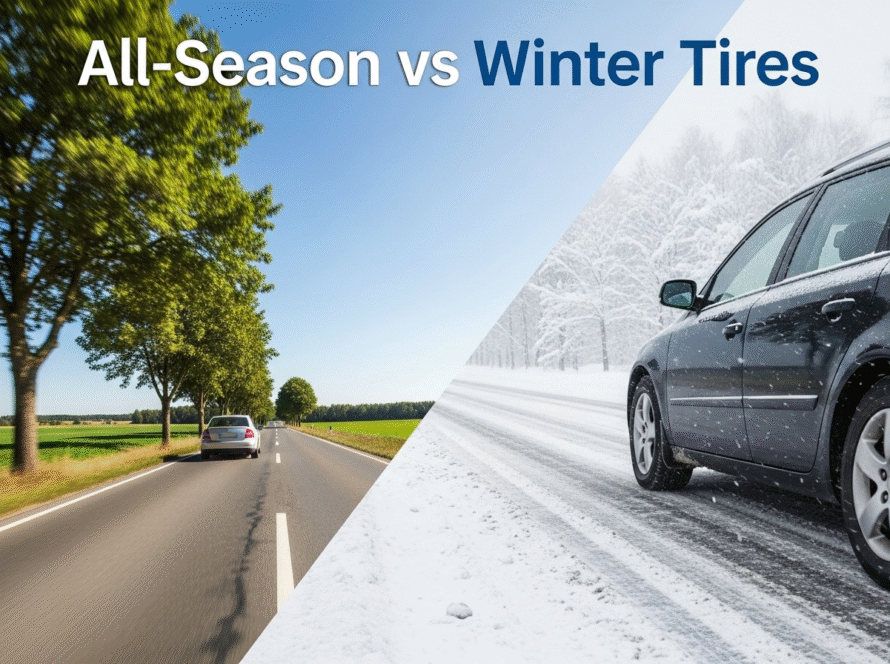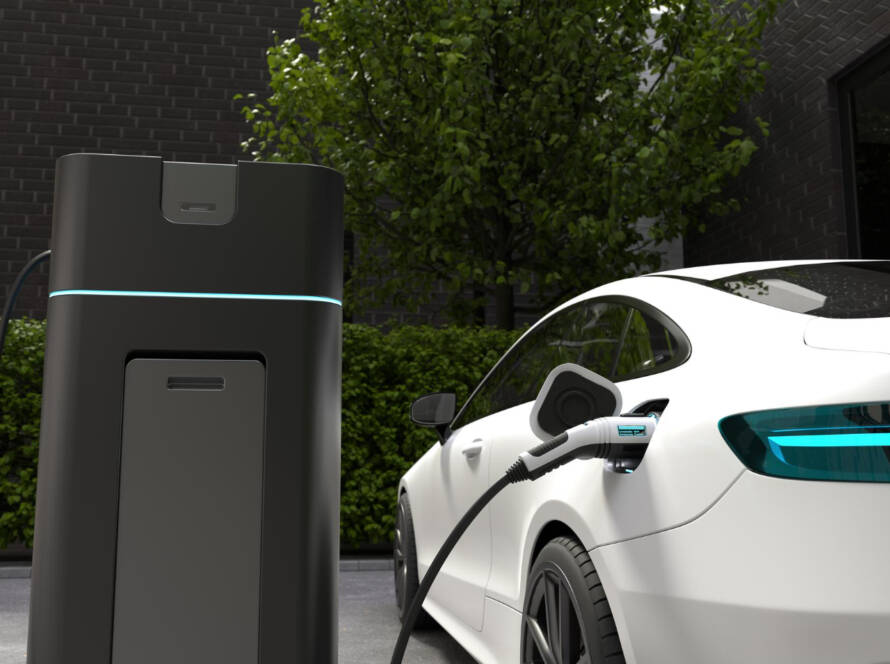As electric vehicles (EVs) continue to gain popularity worldwide, the demand for specialized components, including tires, is rising. While traditional internal combustion engine (ICE) vehicles and electric vehicles share many similarities, one crucial difference lies in the tires. EV tires are specifically designed to meet the unique demands of electric vehicles. This article delves into the key differences between EV tires and regular car tires, covering performance, materials, features, and manufacturing processes.
Performance Differences: More than Just a Grip
The performance of tires is vital to any vehicle, but EV tires are engineered to handle the unique driving experience offered by electric vehicles. One of the main performance differences between EV tires and regular tires is their ability to handle the instant torque delivered by electric motors. Unlike traditional vehicles, EVs provide immediate acceleration, which puts more stress on the tires. As a result, EV tires are designed with enhanced durability and improved heat dissipation to handle the added stress during rapid acceleration.
Additionally, EV tires typically have a lower rolling resistance compared to regular car tires. Lower rolling resistance is crucial for electric vehicles because it improves energy efficiency and extends the driving range of the vehicle, which is one of the main concerns for EV owners. The combination of lower resistance and optimized performance allows EVs to achieve better overall efficiency.
Materials: Specialized Rubber Compounds
EV tires are constructed from specialized rubber compounds that offer increased strength and durability. While regular tires are made from a mix of rubber, synthetic compounds, and other materials, EV tires use a different formula to account for the unique needs of electric vehicles. The rubber compounds used in EV tires are designed to be more resistant to wear and provide a higher level of traction.
For example, EV tires often feature reinforced sidewalls to handle the additional weight of an electric vehicle’s battery pack. EVs tend to be heavier than traditional vehicles due to their batteries, which puts more stress on the tires. Reinforced sidewalls help distribute this weight more evenly, ensuring the tire can support the vehicle’s mass without compromising performance.
Tread Design: Handling the Extra Weight
Another notable difference between EV tires and regular car tires is the tread design. The tread pattern of EV tires is optimized for the specific needs of electric vehicles. Since EVs are typically heavier and have more torque than traditional vehicles, EV tires feature deeper, wider, and more aggressive tread patterns to enhance grip and stability. These tire designs help EVs maintain traction on wet, dry, and snowy surfaces, ensuring the safety and performance of the vehicle under various driving conditions.
In contrast, regular car tires typically have a less aggressive tread pattern, as traditional vehicles do not experience the same torque and weight distribution challenges as electric vehicles.
Manufacturing Process: Precision for Enhanced Performance
The manufacturing process of EV tires also differs significantly from that of regular car tires. EV tire manufacturers employ advanced technologies and precise engineering to ensure that each tire is capable of withstanding the unique stresses placed on it by an electric vehicle.

For example, EV tire manufacturers use advanced curing processes that increase the durability of the tires. This process ensures the tires remain intact during high-speed driving and long-term use, even under the high pressure and temperature conditions created by electric vehicle operation. Additionally, EV tire brands focus on creating tires that are lighter but still offer excellent performance and strength to help optimize vehicle efficiency.
Regular car tires, while still subject to advanced manufacturing processes, are typically designed for standard performance characteristics without the specific focus on energy efficiency or the unique dynamics of an EV.
Why Do Electric Vehicles Need Special Tires?
Given the distinct characteristics of electric vehicles, such as their heavier weight, more powerful acceleration, and higher torque output, EV tires are necessary to optimize vehicle performance, handling, and safety. EV tire manufacturers ensure that their tires are not only durable but also optimized to enhance the vehicle’s range and efficiency.
Choosing the right EV tires for your vehicle is critical to maintaining the vehicle’s performance, safety, and energy efficiency. The specialized design, construction, and manufacturing techniques of EV tires ensure that they can handle the demands of electric vehicles, providing a smoother, safer, and more energy-efficient ride.
Conclusion
While both EV tires and regular car tires serve the same fundamental purpose, the demands placed on them differ significantly due to the unique characteristics of electric vehicles. EV tires are built to withstand the added weight, instant torque, and efficiency requirements of electric vehicles, ensuring optimal performance, safety, and energy savings. If you’re an electric vehicle owner or considering purchasing an EV, investing in high-quality EV tires from trusted EV tire manufacturers and EV tire brands will ensure that your vehicle operates at its best.




